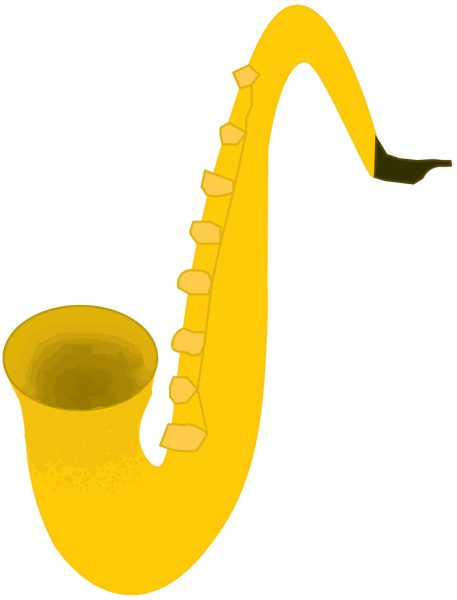57 UW-Platteville positions to be cut; additional proposals considered
Budget cuts of $4.5-6 million have permeated conversations across campus, popping up in governance groups and open forums – but the final decisions will come from the chancellor’s office.
Beginning in Jan. 2016, 57 jobs at the University of Wisconsin-Platteville will be eliminated; some employees will be let go, and other reductions will be made through attrition. Another proposed budget reduction strategy — reducing general education requirements – has prompted heated discussion in Faculty Senate and the University Undergraduate Curriculum Commission and the creation of alternative proposals. The administration is seeking feedback from all members of the campus community, but ultimately the decision which will significantly alter the university will come from Chancellor Dennis J. Shields.
Vice Chancellor for Administrative Services Rob Cramer established at an open forum on Oct. 7 in Nohr Gallery that the total number of positions cut or left vacant would amount to 57. When asked by attendees how many of those positions would constitute academic jobs, Cramer replied at least half. In a later interview, Cramer said that while this number of empty or cut positions will not decrease, it is possible that it will increase.
Shane Drefcinski, the director of general education, reported at an Oct. 13 Faculty Senate meeting that the UUCC had received proposals with figures from the academic budget subcommittees but that no action had been taken at that time. The UUCC was scheduled to meet Oct. 14 to discuss the proposals after this issue of the Exponent went to press.
At that same meeting of the Faculty Senate, Colleen McCabe, chair of Health and Human Performance, presented a response to the proposal to eliminate one credit of physical activity from the general education curriculum.
According to the response, “the actual bottom-line savings for the institution in eliminating the physical activity requirement is $15,000, not $137,000, because the institution will still pay those other salaries, whether those staff are teaching HHP or not. The alternative is to significantly reduce or eliminate our athletics program.” Eliminating athletic programs would affect revenues generated from Tri-State Initiative students, according to the report; McCabe said those students generate $1.7 million in tuition over the course of their academic careers.
In an interview prior to the Faculty Senate meeting, Cramer said if a faculty member coached a sports team, and the faculty member’s job had to be cut, the option of also cutting the sports team could not be ruled out.
McCabe’s response highlights the ongoing difficulties in estimating cost savings if the proposed changes to the general education curriculum were made.
At an open forum on Oct. 7, administrators and faculty discussed the extent of the final cut, whether the university should compensate remaining faculty and how the university will allocate rollover funds accumulated from last year’s budget. The discussions highlighted the difficult positions that many are forced into in the face of such cuts.
Chair of the Psychology Department, Elizabeth Gates, said at the forum “personally I don’t think this is the time to think about compensation. As department chair I don’t feel right getting a raise if people are being cut.” Gates further described the scenario of receiving a raise amidst serious cuts as a “PR nightmare.”
Chancellor sponsored forums were held Oct. 14 before this issue of the Exponent went to press. Student based forums are expected to be held in upcoming weeks.












